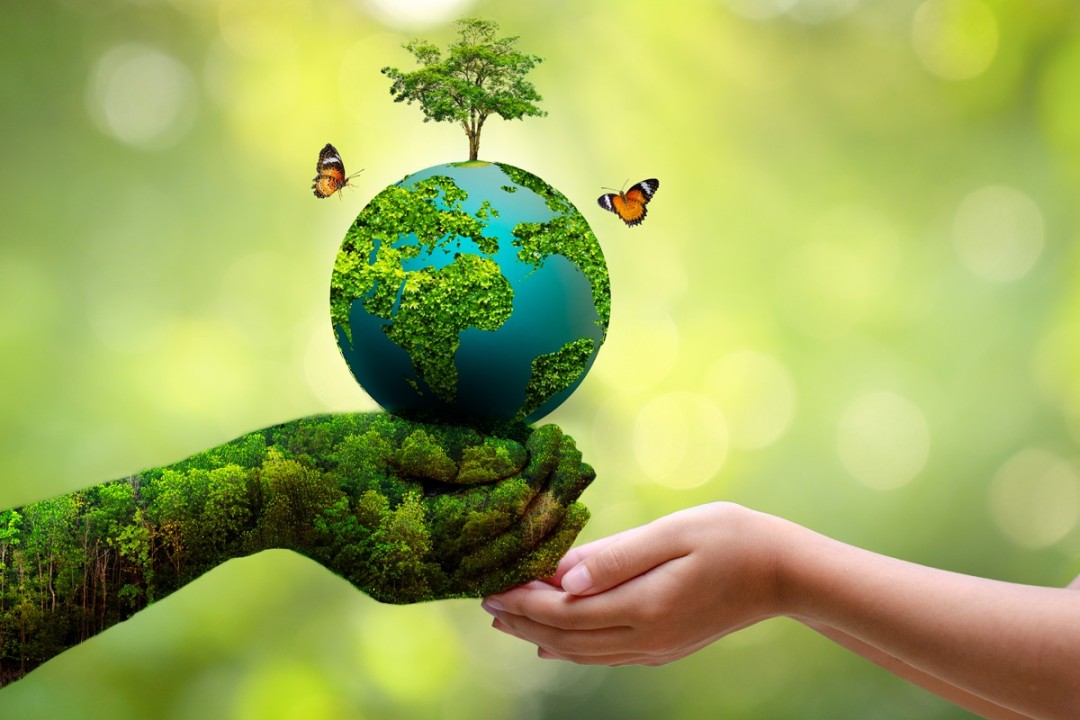The health of our planet is at a critical juncture, as human activities continue to take a toll on the environment. From deforestation and pollution to habitat destruction and climate change, the threats facing our planet are numerous and complex. Now, more than ever, it is essential that we take action to protect and conserve our natural world for future generations. Let’s explore the importance of environmental conservation and the steps we can take to safeguard our planet.
One of the most pressing environmental issues facing the world today is climate change, driven primarily by the burning of fossil fuels and the release of greenhouse gases into the atmosphere. The consequences of climate change are far-reaching and include rising global temperatures, melting polar ice caps, more frequent and severe weather events, and disruptions to ecosystems and biodiversity. To mitigate the impacts of climate change, we must transition to renewable energy sources, reduce our carbon footprint, and invest in sustainable practices that promote a low-carbon economy.
In addition to climate change, habitat loss and biodiversity loss are also major threats to the environment. The destruction of forests, wetlands, and other natural habitats has led to the loss of countless plant and animal species, with devastating consequences for ecosystems and the services they provide. To address this issue, we must prioritize conservation efforts that protect and restore critical habitats, preserve biodiversity hotspots, and promote sustainable land use practices that minimize the impact of human activities on the environment.
